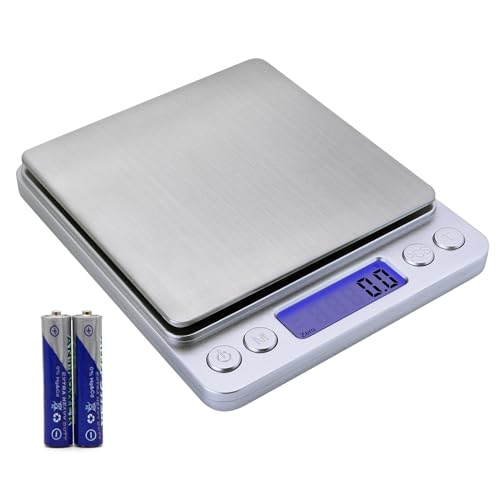Too high of a superfat. Best as I can figure, you had somewhere in the 4.5% superfat range. Superfat will always gather in the top portion of paste. So when you go to use a paste that has sat a while, the higher superfat is in the top portion. Don't ask me how that happens in that thick of a paste, but every batch of paste I have let sit for a while with any superfat higher than 3%, it always happens.
If I am going to let paste sit for a while before dilution, I will usually go ahead and divide it while it is still very warm to the touch. This helps keep this from happening for me.
I am pretty sure the polysorbate 80 should have helped with the separation, but I have never used it, so I am going to have to let more experienced folks help you there.
If I am going to let paste sit for a while before dilution, I will usually go ahead and divide it while it is still very warm to the touch. This helps keep this from happening for me.
I am pretty sure the polysorbate 80 should have helped with the separation, but I have never used it, so I am going to have to let more experienced folks help you there.










































